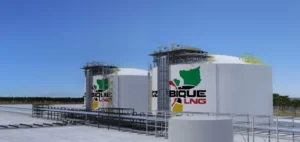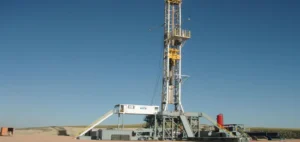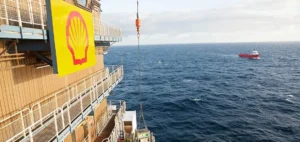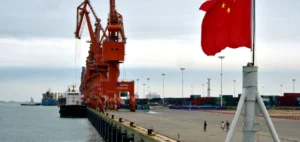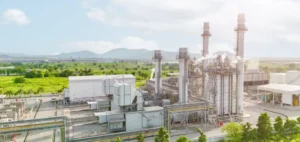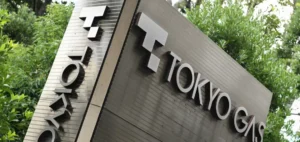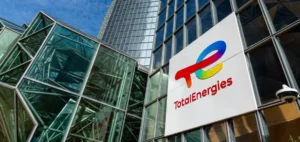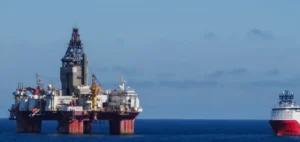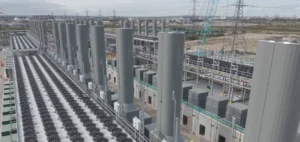The EU proposes to limit excessive gas price hikes with a new instrument to protect businesses and households.
A price ceiling
The EU (European Union) completes measures to reduce gas demand. It proposes a market correction mechanism. This mechanism aims to reduce volatility on the European gas markets.
The objective is to preserve the security of gas supply. In a context of war and militarization of energy supplies, natural gas prices are soaring. They are reaching historic highs, especially in the second half of August 2022.
The EU is experiencing spillover effects on electricity prices and an increase in overall inflation. It is with this in mind that the EU Commission is proposing this mechanism, based on a wide range of actions. The aim is to prevent the recurrence of such events.
The mechanism relies on a temporary and targeted instrument to automatically intervene in the gas markets. In the event of extreme increases in gas prices, a security price cap of €275 on the one-month TTF (Title Transfer Facility) derivatives would be set. This is the most widely used reference price for gas in the EU.
An automatic mechanism
This automatic mechanism is based on two conditions. On the one hand, the settlement price of the first month’s TTF derivative exceeds €275 for two weeks. On the other hand, TTF prices are €58 higher than the LNG reference price for 10 consecutive days during the two weeks.
The Agency for the Cooperation of Energy Regulators (ACER) will immediately publish a market correction notice in the Official Journal of the EU. It will inform the Commission, the European Securities and Markets Authority (ESMA) and the European Central Bank (ECB). The mechanism can be activated as of January 1, 2023.
Second, in order to ensure stable gas demand, the proposal requires Member States to notify measures taken to reduce consumption. They have two weeks from the activation of the market correction mechanism. The mechanism also provides for suspension at any time in order to react to possible negative consequences.
Thus, the mechanism is automatically deactivated when its use is no longer justified. However, a suspension decision by the Commission can stop the use when there are risks. These risks include the EU’s security of supply.









